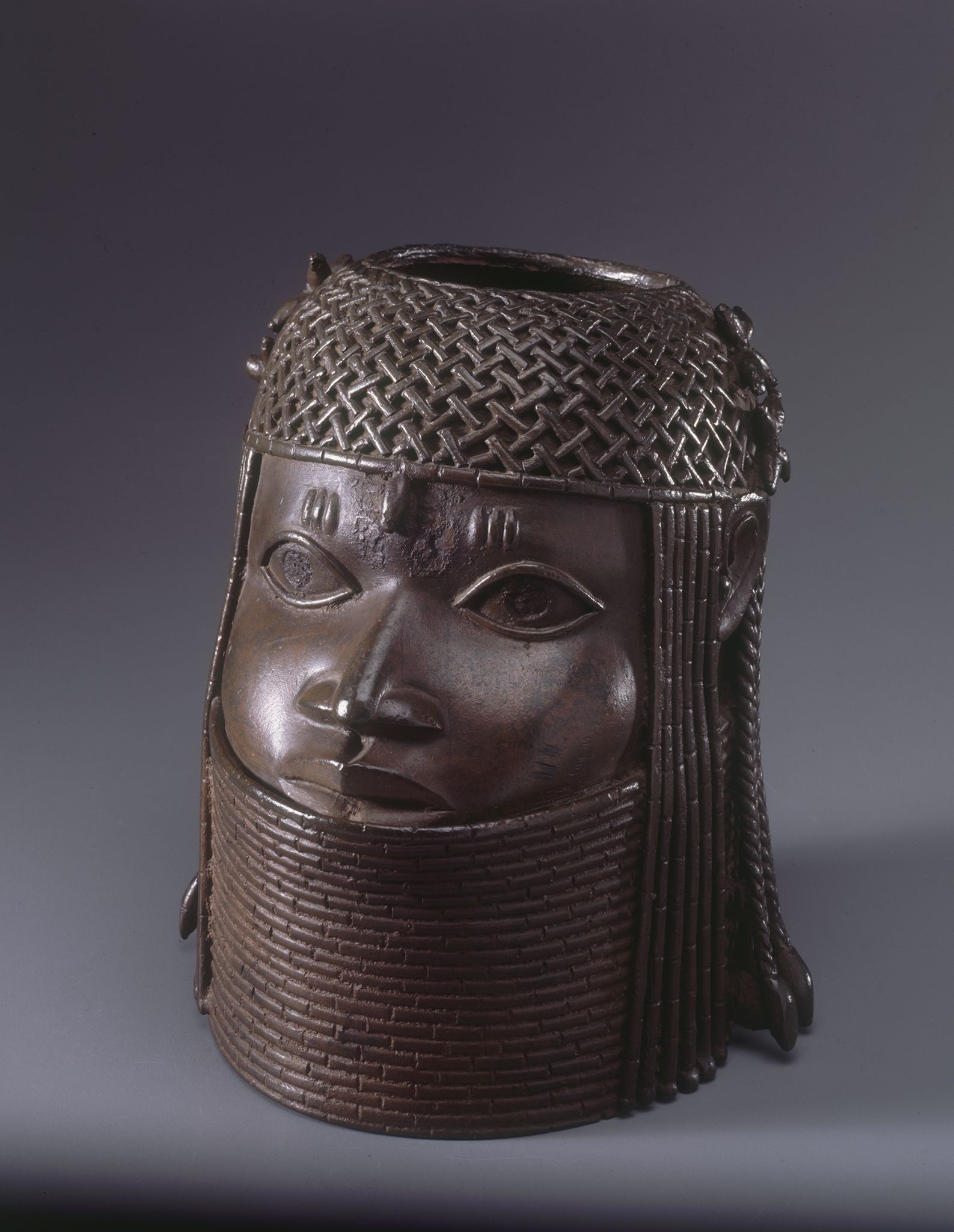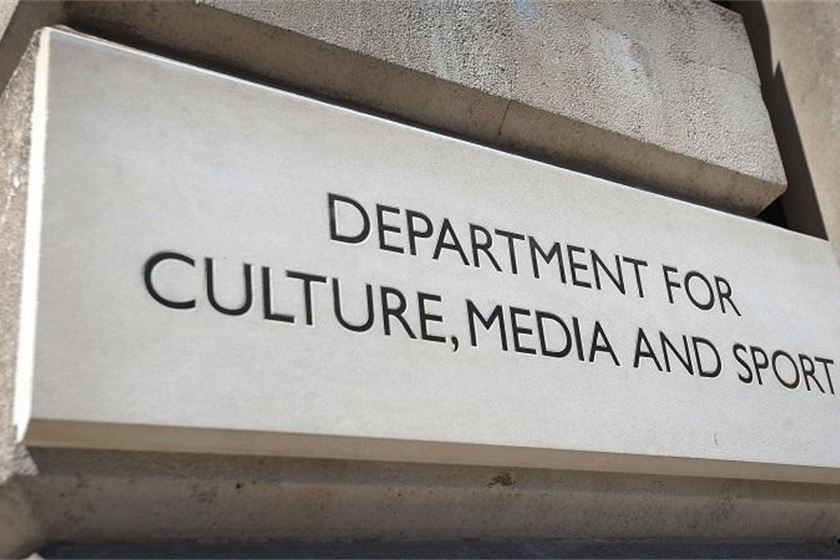Cultural Restitution
SHARE ARTICLE
The human rights lawyer, Geoffrey Robertson QC, knows his way around the restitution debate. He’s also keen to prosecute his case, convinced only a recourse to international justice will resolve the thorniest issue of who really owns the Parthenon Marbles.
However, speaking at a How to Academy event in London last evening, promoting his latest book Who Owns History?, he had no convincing answer to the one question left hanging in the air: if Greece’s legal claim to ownership is valid, why have they not sought justice in an international court of law?
Being a passionate advocate for returning various looted treasures now held in UK collections, Robertson’s talk inevitably covered many of the familiar arguments for the return of the Marbles and their relocation to the Acropolis Museum in Athens, “where they belong, where they have meaning”.
Lord Elgin acted improperly.
“He could have bought them, but he never offered to buy them,” Robertson insisted. “Instead, he paid bribes to the custodians of the Parthenon”.
Lord Elgin lied.
The legality of Elgin's right of ownership of the Marbles hinges on whether he exceeded the terms and conditions stipulated in his
firman - the formal decree authorising his agents to copy and remove inscriptions and stones from around the Temple. The existence of this document is critical because, while the original document was never presented as evidence to the British government’s select committee or to the British Museum when considering their purchase, it was still relied upon to establish Elgin’s ownership and right to sell.
Robertson is convinced it never existed. He maintains what Elgin had instead was a letter from a middle-ranking official, not a licence from the Sultan.
Meanwhile, the British Museum continue to insist on the legality of their ownership. In a statement from the trustees published on the Museum's website, they state that Elgin 'acted with the full knowledge and permission of the legal authorities of the day in both Athens and London'.
This is probably why Robertson reserves his harshest words for the British Museum, which he claims peddles “falsehoods” in a desperate strategy to hang on to the Marbles. He believes they’ll never come to terms with the concept of deaccession. Museums generally, he maintains, have an “extraordinary capacity to tell lies, to tell plain untruths”.
And last night, the Museum’s trustees were firmly in his sights. According to his own quick online review of the current list of trustees, no less than 20 of the Museum’s 25 trustees appear to have been chosen for their personal or corporate influence, not for their academic authority, for their ability (or willingness) to represent the Museum’s users, or for their role to inform and influence government.
So, if the Museum's trustees cannot be relied upon to return the Marbles, will recourse to justice deliver a different result? Robinson is convinced it can, insisting that restitution is fundamentally a demand for justice.
Robertson has already made one attempt to seek a legal solution. Together with chambers colleague Amal Clooney, Robertson decided in 2011 to test whether international human rights law might help Greece retrieve the Marbles. Their extensive opinion (about 600 pages) was not ready for presentation to the Greek government until June 2015, but it was then famously rejected. Robinson claims this was due to a change in government and the arrival of an obscure journalist who became culture minister.
This is understandable - in part. After all, there were still pressing, all-consuming economic issues bearing down on Greece at the time. Fighting for the Marbles through the international courts would have presented an unwelcome distraction. But now the country’s economy is more settled, it is curious that Greece has not resurrected Robinson and Clooney’s advice. Great Britain will need friends in Europe after 'Brexit' and handing back the Marbles could guarantee winning back new Hellenic friends.
Robertson senses this change, detecting what he describes as "an emerging international rule that requires restitution of cultural property that has been wrongfully obtained." This would still require an agreement about the principles that qualify an object for restitution. The objects, he believes, should have "real significance" to the claimant and will have been acquired either by theft, coercion or pressure - "items of blood".



